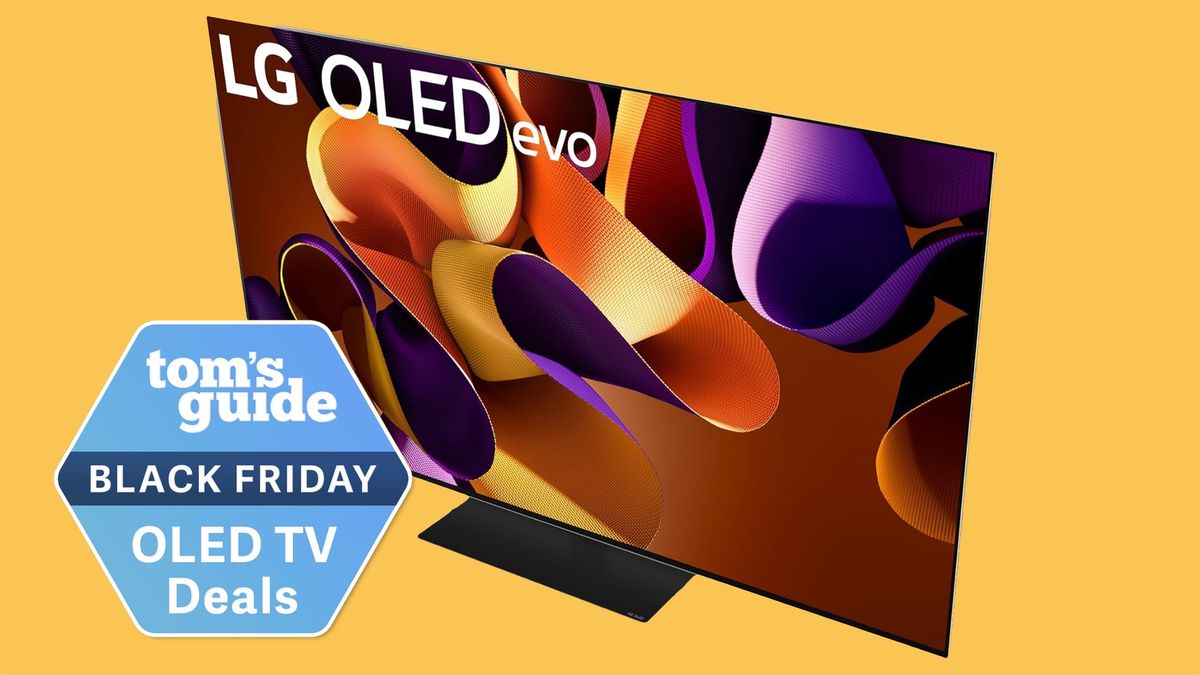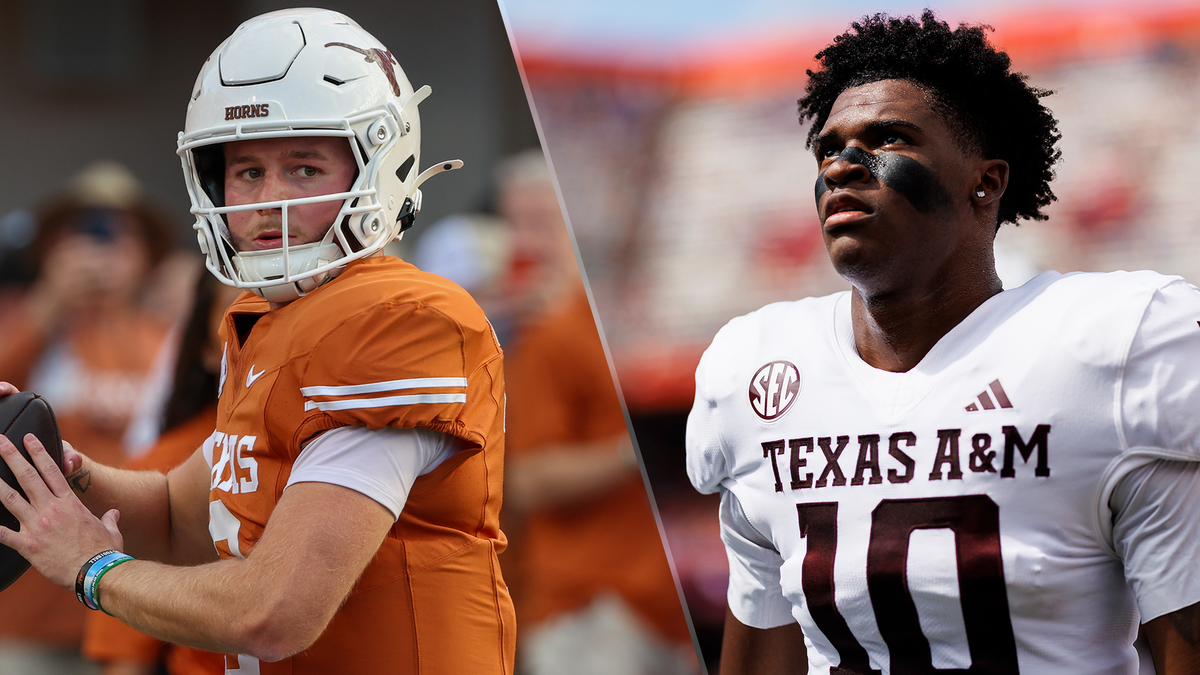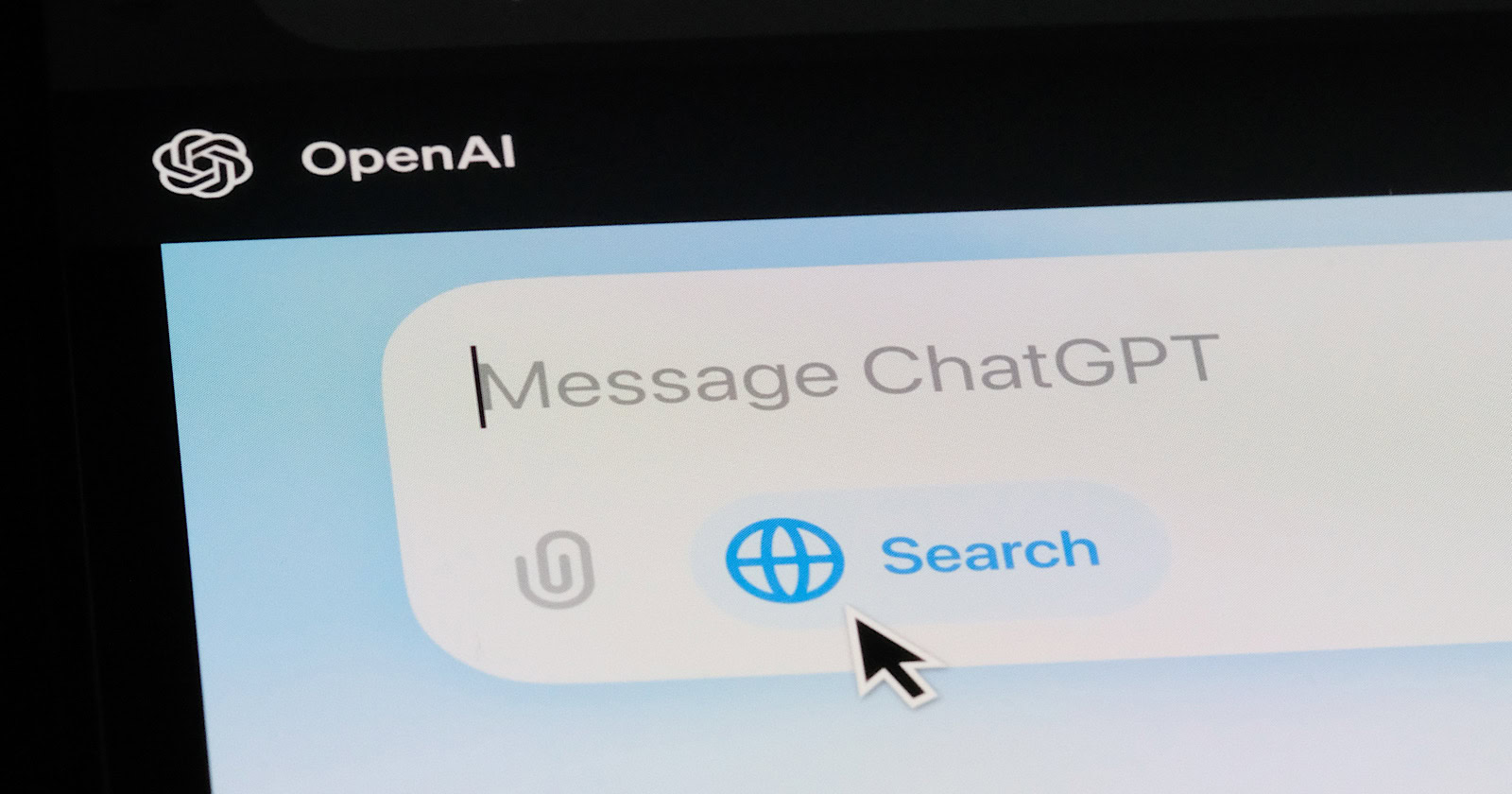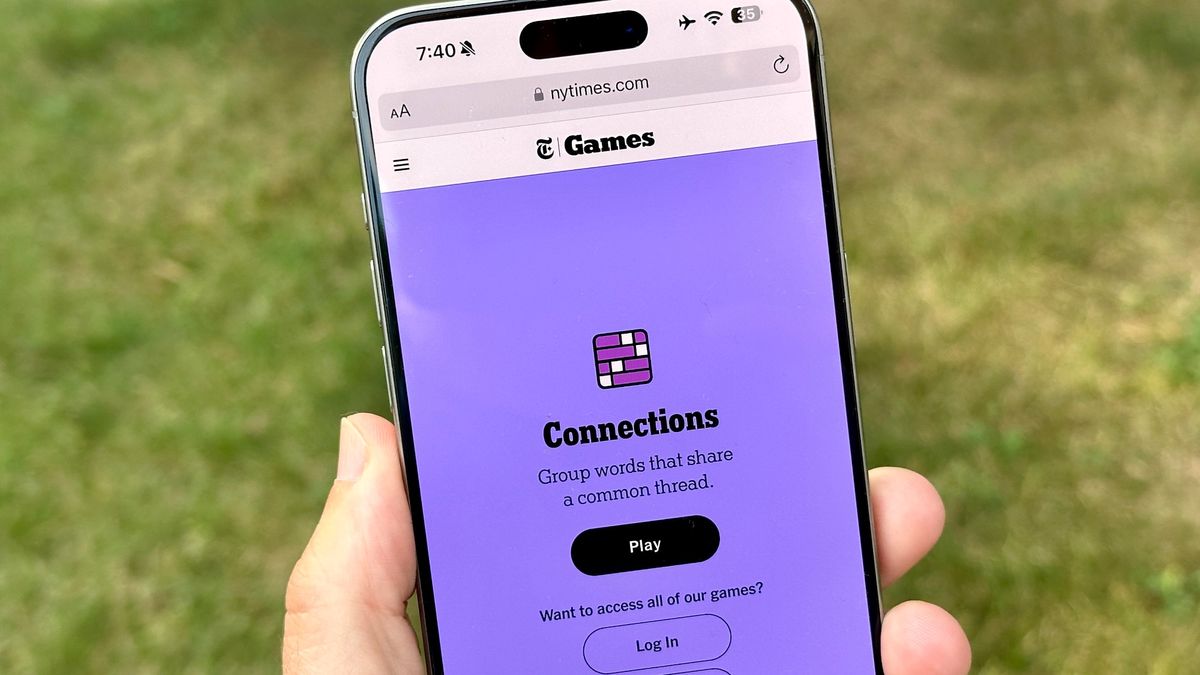The Indian Department of Telecommunications (DoT) has introduced India’s first direct-to-device satellite connectivity service. This is purported to be “India’s first Satellite-to-Device service,” created in collaboration with Viasat, a communications technology firm located in California. The service was launched during the Indian Mobile Congress (IMC) 2024 and began testing its functionality in October. The service will be available through Bharat Sanchar Nigam Limited (BSNL).
DoT India has developed a new satellite connectivity service called Direct-to-Device, which allows customers to stay connected even in distant regions. This technology is presently unavailable to normal consumers in India but will be available through BSNL’s Direct-to-Device service. The software can assist customers living in rural regions in staying in touch with their loved ones, allowing them to do so even when they are physically separated.
Also Read: Spotify for Podcasters renamed to Spotify for Creators, now offers new features
Viasat engineers demonstrated satellite-powered two-way messaging capabilities at the India Mobile Congress, collaborating with BSNL, India’s telecoms operator. Viasat is expanding satellite services to consumer and IoT devices worldwide, collaborating with partners like BSNL in India.
Viasat’s satellite network makes it technically possible for Indian consumers and companies to connect their cell phones to satellite services. Devices like smartphones, smart watches, automobiles, industrial machines, and transport operators will be able to easily connect to both terrestrial and satellite coverage thanks to the service that was previously only available to the armed forces. This implies that without specialised gear to connect to satellites, devices may remain linked from any place. The new technology complies with the latest global mobile 3GPP release 17 standards, which are presently being embraced by makers of chipsets, satellites, and mobile networks.
Sandeep Moorthy, Chief Technical Officer, Viasat, said: “It is exciting to be showcasing the potential for direct-to-device in India, where D2D could help reduce barriers to accessing satellite connectivity – particularly in India where millions do not have access to reliable terrestrial connectivity. In the future, D2D could help transform the Indian production and supply chain to become more efficient, more sustainable and safer, and support automotive applications to enhance safety and conditions-based maintenance. Together with partners like BSNL, Viasat is driving a standards-based, open, transparent, collaborative D2D ecosystem to deliver seamless connectivity experiences no matter where a person, device, or vehicle is.”
Also Read: Google rolling out new AI protection features to safeguard your privacy
Robert J Ravi, Chairman and Managing Director, BSNL, said: “BSNL, in an exclusive partnership with Viasat, is proud to lead Direct-to-Device innovation. Today’s successful demonstration, the first in India, showcases the potential to enhance direct communications for critical services, disaster recovery, and even rural connectivity across India using the BSNL network and Viasat’s L-band satellite constellation.”




















 English (US) ·
English (US) ·